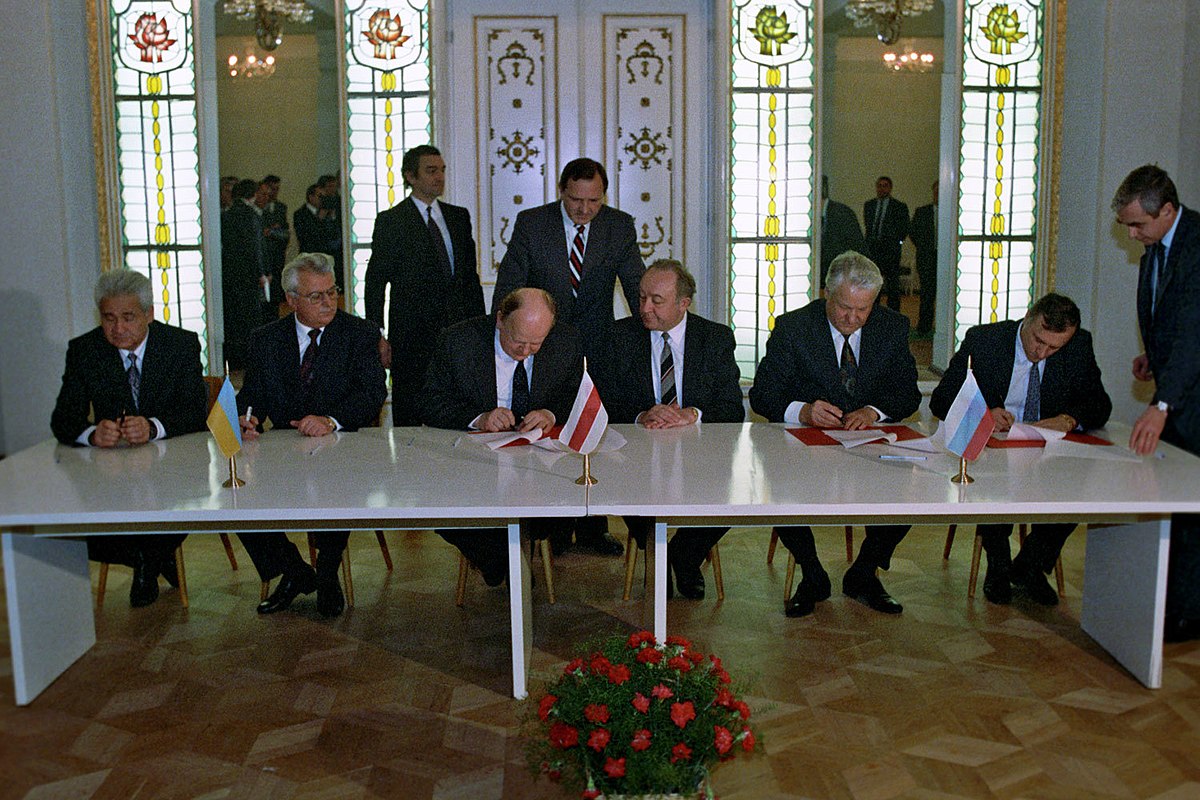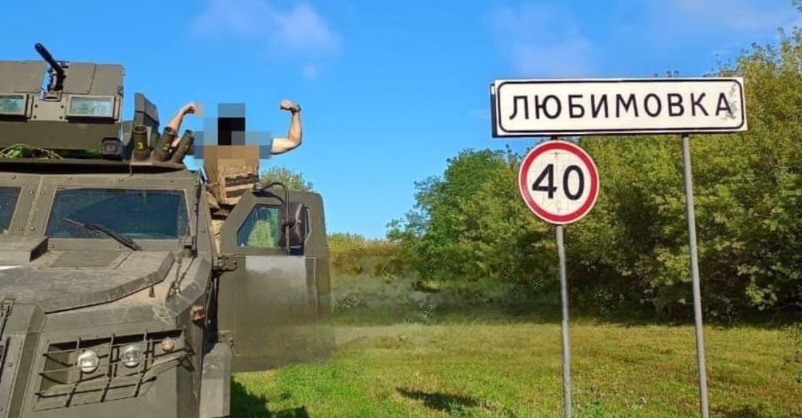Since 2014, Russia has brazenly violated Ukraine’s territorial integrity with incursions, illegal annexations, and a full-scale invasion. And now, Ukraine is violating Russia’s territorial integrity with its own incursion into the Kursk region.
There is, of course, a substantial difference between the two cases.
The Russian Federation has officially, albeit illegally, absorbed Crimea and conquered territory in Ukraine’s Donbas region, and Vladimir Putin makes no secret of his intention to subjugate all of Ukraine.
By contrast, Ukraine has made no territorial claims on any Russian land.
Still, for Europeans, territorial integrity is key, and Ukraine’s counteroffensive has brought the issue back into focus. While countries may have different reasons for supporting Ukraine in the conflict, defending the principle of territorial integrity is a shared imperative.
After all, most of Europe’s borders were drawn in blood, and allowing them to be redrawn now would invite even more bloodshed. For decades, the current borders have been sacrosanct, because everyone understands that territorial integrity is the foundation underpinning peace on a continent that, until 1945, had been ravaged by centuries of war.
In drafting the Belovezha Accords in December 1991, the leaders of key Soviet republics agreed that existing borders must be fully respected, even though many of them did not follow any ethnic or geographic logic. Uzbekistan’s Fergana Valley might be the most obvious example, and a dangerous insurrection did erupt there three decades ago. Similarly, Crimea was a highly controversial territorial issue at the time.

Nonetheless, those overseeing the post-Soviet transition were keenly aware that the alternative to accepting existing borders would be widespread mayhem. Thus, despite opposition from more ardently nationalist voices, the Russian parliament duly ratified the accord and accepted all the borders outlined therein.
Meanwhile, leaders of what was then the European Community had organized a commission of eminent jurists, led by the Frenchman Robert Badinter, to draw up principles for managing the emerging crisis in Yugoslavia.
Once again, borders were the central issue. The Balkans had always been a linguistic, ethnic, and confessional mosaic of peoples, and the borders established over the course of the preceding centuries did not reflect these distinctions.
The Badinter Commission concluded that they must be respected nonetheless, lest the region descend into chaos and bloodshed.
European leaders duly accepted the commission’s recommendation and made territorial integrity a cornerstone of their effort to manage the breakup of Yugoslavia. There would still be complications, of course.
The status of Kosovo was contested, since it had not quite been a full republic along with the others. If it had been granted a status similar to the other former Yugoslav republics back in 1991, recognizing its independence would have been straightforward.
But that didn’t happen. Not until 2008, following several extensive diplomatic efforts both within and outside the United Nations, did some countries accept that recognizing Kosovo’s independence was the only realistic way forward. Even here, though, borders were deemed sacrosanct.
To be sure, some borders were redrawn without violence during this period, such as when Czechoslovakia harmoniously divided into the Czech Republic and Slovakia. But this process followed a mutual agreement among all concerned, and the principle of territorial integrity remained paramount
Similarly, when large-scale rebellions broke out in Chechnya in the mid-1990s and again in 1999 – resulting in two extremely bloody wars – European leaders never even hinted that they would recognize any declarations of independence by those hoping to break away from the Russian Federation.
But then, in 2008, Russia itself violated the principle of territorial integrity by recognizing, and militarily supporting, declarations of independence from Georgia by Abkhazia and South Ossetia.
It is all too easy to dust off an old map and lay claim to some territory that might have flown a different flag once upon a time. In Europe, this impulse has been the source of many wars. In the case of Kursk, the region was once part of the Polish-Lithuanian commonwealth, which dominated the area for centuries. But that is irrelevant now, as is Catherine the Great’s annexation of Crimea from the Ottoman Empire in 1783.
Respect for territorial integrity is the base on which European peace, security, and prosperity stand. If this principle no longer holds, neither will the world we take for granted.
Copyright: Project Syndicate. This article was published by Project Syndicate and has been republished by Euromaidan Press with permission.
Editor’s note. The opinions expressed in our Opinion section belong to their authors. Euromaidan Press’ editorial team may or may not share them.
Submit an opinion to Euromaidan Press
Related:
- Ukraine’s surprise Kursk incursion: lifting spirits or stretching resources?
- Kursk Oblast: Where Russia’s “historical lands” argument falls apart




